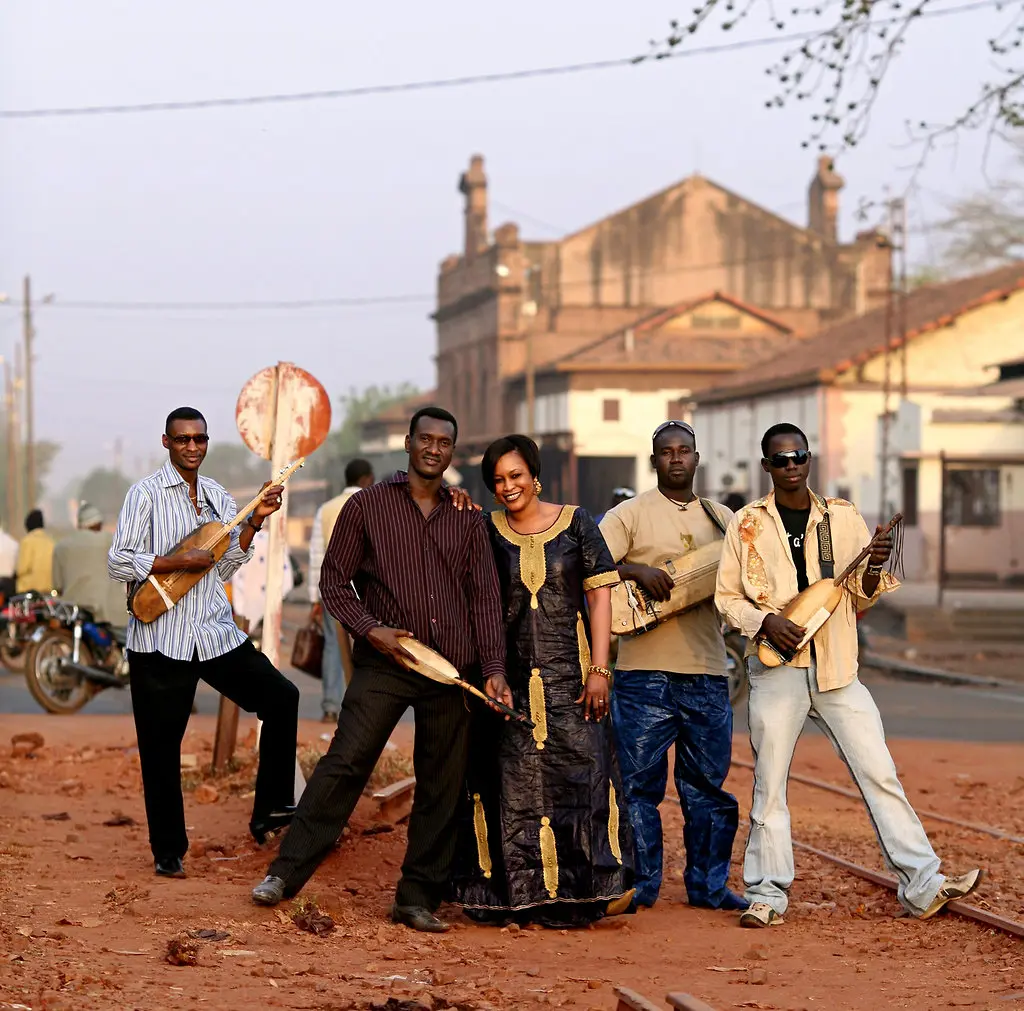
Bassekou Kouyate & Ngoni Ba; Photo |Courtesy |Thomas Dorn
Aha, Indie folk! Unlike a majority of other genres that seek to satisfy record labels and demand from masses, Indie folk music creation is all about the love of music production. Even so, what really defines Indie Folk music? This music genre is rooted in traditional folk music and emerged in the early 1990s as musicians began to merge other music genres like rock, pop, folk, and experimental music thus creating a contemporary and traditional sound. Moreover, the word ‘indie’ portrays the independent character of this genre; it is produced by an independent label and mainly portrays its message through storytelling. Lyrics in this genre often inform on personal experiences and emotional themes.
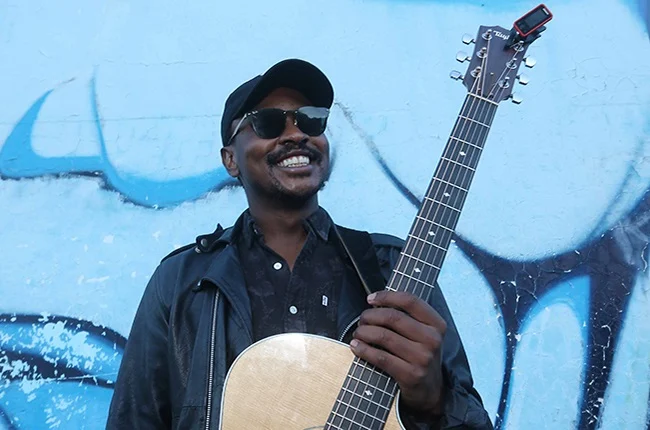
Majozi| Photo| Courtesy |Gallo Images/Esa Alexander
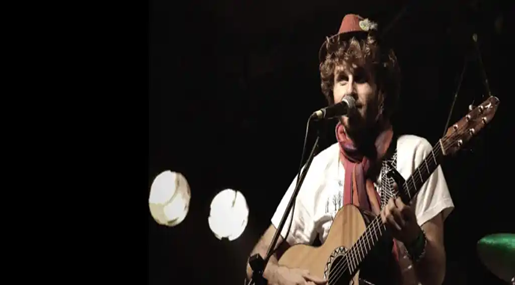
Nate Maingard |Photo |Courtesy |Splashy Fen Festival – South Africa 2012
Indie Folk Music in Africa was not recognized till the mid-2000s when various artists like Majozi from Durban South Africa released his album, ‘Marvelous Light’ in 2013. Another interesting artist still from South Africa is Nate Maingard who released his first Indie Folk album in 2011. ’20 More Days’ a Kenyan band creating Indie Folk music has also been recognized as one of Africa’s best bands in this genre. Despite these album releases from African Musicians, these artists have not been fully represented in the global stage. However, in Africa, platforms like the Ghanaian ‘Harmattan Rain’ and the Kenyan ‘Café Ngoma’ have been in line in ensuring this genre is recognized in Africa.
Taking this into account, does this genre of music have any significance in in Africa and her culture? Indeed, Indie Folk Music has shown some significance in the African culture. Through this genre, Africa and her people have been positioned on the global stage as experimental music creators together with other Continents like North and South America. This interaction with other producers has caused African artists to be able to fuse in other genres like electronica thus creating more beautiful melodies. Moreover, through the production of this music genre, the African Culture and struggles that the African people go through have been displayed to various people around the world. This music genre has given artists a platform to express their innermost feelings, and thus their struggles are entirely expressed, for example, Marcus Harvey from South Africa, is known for his lyrics on the struggles of growing up in poverty.
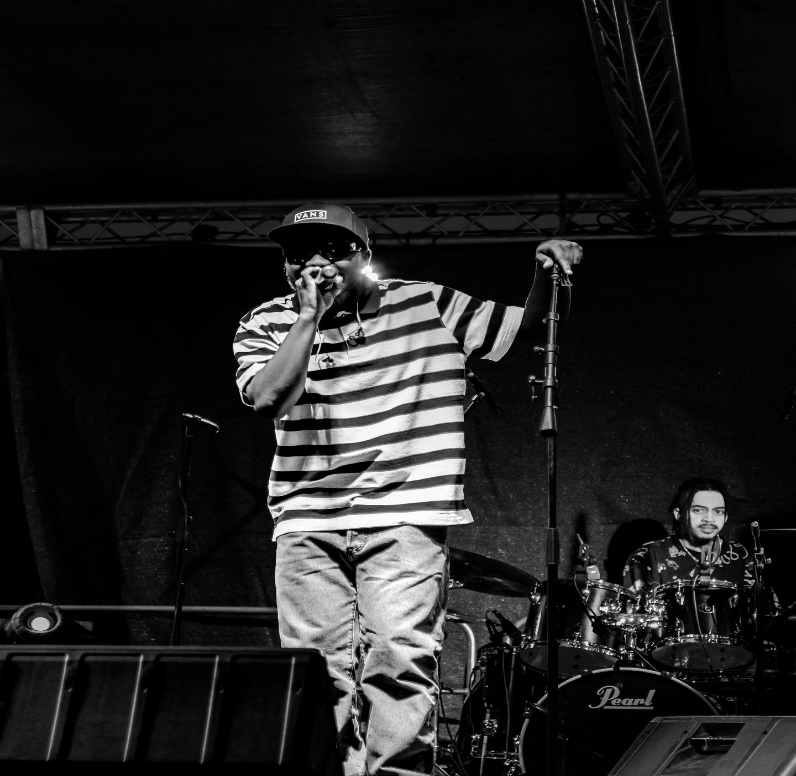
Marcus Harvey |Photo |Courtesy |Bayolise Gawe

RISH |Photo |Courtesy |Airtel Music Stars
Further, Indie Folk Music has been used as a tool of social change for example, the ‘20moredays band’ sang a song in 2017, ‘maisha/about the money’ which was all about the economic struggles faced in Kenya and also sent a message to the government that the citizens were suffering from hiked food prices. Moreover, a Kenyan artist, Rish, sang a song named ‘habits’ which was pleading with the people to have empathy when addressing each other instead of hate.
Afro-Indie Folk Music has evolved noticeably since its origins in Africa. It has gained influence from other genres which has led the original genre to become more melodious and complex. Artists in this genre are now experimenting with new sounds and styles, for example, Tommy WA, a Nigerian Afro-Indie artist has frequently narrated on various media outlets how his music has evolved since his first track by incorporating new melodies and sounds from other genres.
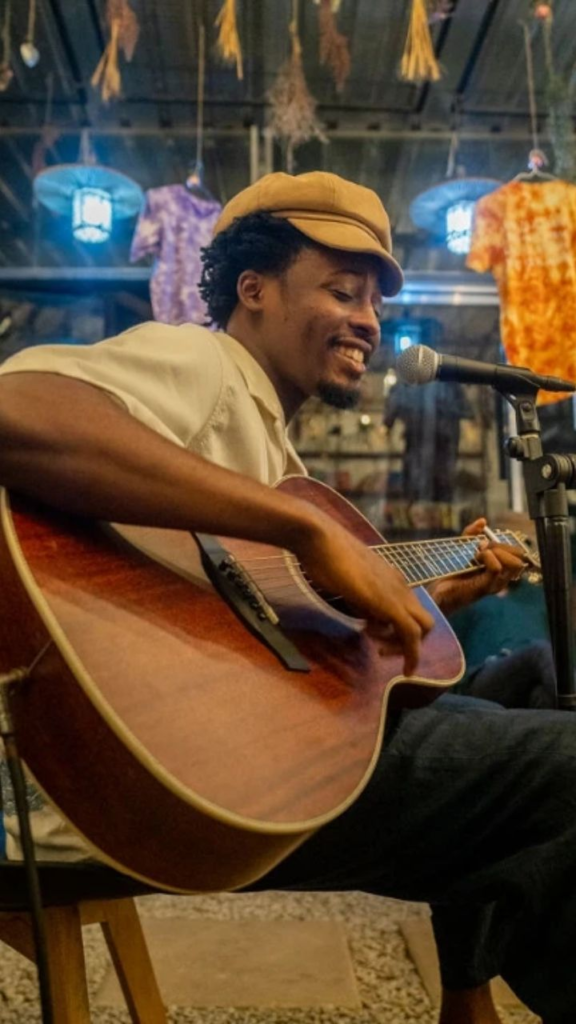
Tommy WA |Photo |courtesy |Jarell Ebuka
Indeed, Indie Folk Music/Afro Indie is a rich and lively genre as it is a fuse of traditional folk, pop, electronica, rock, and also upcoming innovative indie influences. Through incorporating emotional themes, personal experiences, and raw vocals in the lyrics, not forgetting the detailed melodies, this genre connects with listeners on a deeply emotional and personal level. This genre continues to gain popularity in African Countries and the World.